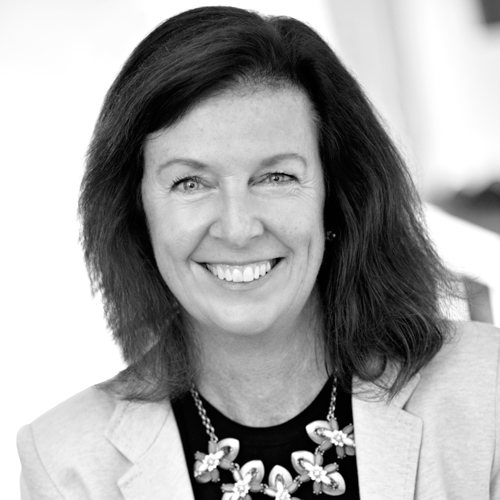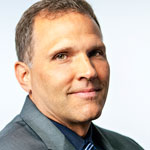
Gregg Zahn chose Tulsa as the location to set up the headquarters for First Trinity Financial Corporation, a financial-services operation anchored by a life insurance company. It was 2004, but Zahn had been a part of the insurance industry for two decades—primarily in marketing—working everywhere from Louisiana to Kentucky prior to founding the company. And he knew the ropes well enough to get what works in an industry containing few solidly successful upstarts. “With a young insurance company, what a lot of people don’t understand is that you can write yourself out of business,” Zahn says. “The more product you write initially, the more money you lose, because it costs you more than the dollar to put a dollar of premium on the books.”
In the insurance industry, most policies are designed to break even after four to seven years of premiums are paid. But obviously, a life insurance company must survive those early years in order to reach a highly profitable state. By way of a combination of what he calls “controlled, organic growth” and the acquisition of smaller insurance companies, Zahn and First Trinity have done quite a bit more than simply survive over the past decade: “We had $207 million in assets as of the end of last June—over $100 million has been in acquisitions, and over $100 million through organic growth,” he reports. “I think that’s a good balance.”
It’s more than small, private placement offerings and $1.25-a-share stock that got First Trinity to where it is today: It was Zahn, a strong board of directors, and a strong team focused on recruiting and training a sales staff that in turn raised more than $14 million over twenty months from about 3,700 residents of Oklahoma. It was the ability to acquire a small life insurance company in Kansas in 2008, at a time when the nation’s impending financial meltdown started freezing other businesses with fear. It was the cycle of serving more states, raising more millions, and purchasing more companies, which widened First Trinity’s scope even further each time.
Zahn gives credit to the fundamentals—great products, solid agent representation, customer service with a personal touch—for much of the company’s success. “If an agent calls our office, they don’t get sent to voicemail, or have to press ‘1’ then ‘2’ then ‘4’ to talk to someone,” Zahn says. “Our marketing vice president or I will get on the phone live and in person with them. We have good rapport with our agents and offer good quality products that are, in turn, valuable to the consumer. Both our marketing vice president and I were former agents, we know what is like to be an agent and can relate to what’s important to our agents.”
Two states in particular, Texas and Illinois, are getting a first-hand experience with First Trinity’s work, in a manner of speaking. In the former, Zahn is a part of Texas Republic Capital Corporation, which was formed in Austin in 2012 with the intent of raising enough money to start a new insurance company in Texas. And in Illinois, Zahn helped start a new holding company, Royalty Capital Corporation, and is looking to raise enough there to start a life insurance company in Illinois as well.
Such moves are due in part to the tremendous amount of marketing and acquisition experience shared between Zahn and the members of his acquisition team, who are able to arrive at decisions about growth and expansion much more quickly than larger companies. “We hear about an opportunity, gather information, evaluate it very quickly, and reach a price and a decision a lot faster than big companies do,” Zahn says.
Considering First Trinity’s total operations had net assets of $11 million in 2007, which grew to $60 million two short years later, staying small in regards to management has served the company incredibly well throughout its history. Its future, unsurprisingly, will unwind much like its past: continued organic growth and smart acquisitions, with the longer-term goal of either taking the company public and creating a trading market for their stock, or an eventual buyout.
Keeping it simple is key. “To raise our initial capital, we went county by county, door to door,” Zahn says. “We don’t use broker dealers; it’s a face-to-face selling process. It takes a while to see that many people, but it’s a grassroots kind of effort. It’s not easy to do, but it works, and that’s why we do it.”

